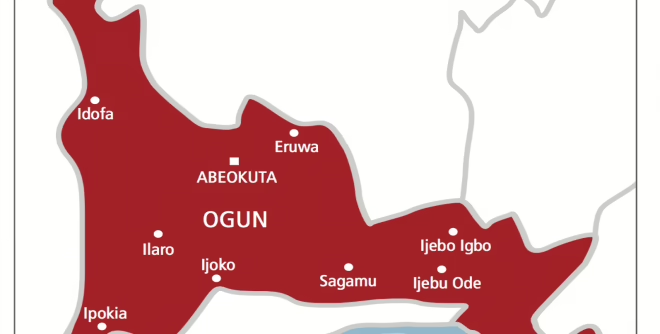The Nigeria Centre for Disease Control and Prevention (NCDC) and the World Health Organisation (WHO) have said that effective risk communication is key to prevention and response to disease outbreaks in the country.
Experts from the organisations stated this on Wednesday in Lagos during the commencement of a a six-day workshop for key stakeholders to develop effective risk communication strategies.
The workshop, funded by the Canadian Government through the CanGiVE project, aims to enhance the capacity of key stakeholders to effectively communicate risk, engage communities, and manage infodemics during public health emergencies.
@media only screen and (min-width: 992px){#div-vi-1716478739{width:728px !important;height:90px !important}}
The training is part of the Strengthening and Utilising Response Groups for Emergencies Initiative (SURGE), flagged off by the WHO Regional Office for Africa (WHO AFRO) to effectively prepare, detect, and respond to emergencies.
WHO Nigeria Country Representative, Walter Kazadi Mulombo, said risk communication, and community engagement (RCCE) were very important in preventing the spread of diseases.
Represented by the Acting State Coordinator for WHO in Lagos, Memuna Esan, he said that the training programme is crucial in ensuring that Nigeria is better prepared to respond to public health emergencies.
He also said that WHO is committed to supporting the Nigerian government in achieving its health goals.
He said, “I am particularly excited because the deliberation and outcome of this important meeting will play a critical role in ensuring an improved awareness creation is championed with appropriate key messages, quality community engagement, and effective/timely management of infodemic especially in this era of increased information sources targeted at vulnerable populations.”
Dr Mulombo added that the programme is expected to cascade to the sub-national level, covering the six geopolitical zones which are the SURGE selected states: Edo, Kano, Yobe Lagos, Abia, and the Federal Capital Territory ( FCT).
The Director General of the NCDC, Dr Jide Idris who was represented by the National Infection Prevention and Control Programme Coordinator for NCDC, Tochi Okwor, emphasised the importance of capacity-building workshops on risk communication for stakeholders, saying it enabled them develop adaptable and generic messages for social and behavioural change.
The Deputy Director of the Health Promotion Division, Ministry of Health and Social Welfare, Ezioma Madu, said the workshop is an emergency preparedness effort, emphasising the need for proactive action before emergencies.
“At this workshop, we are going to develop content, generic content for emergencies before they occur. We are going to send out these messages to the public so that they will be prepared and take action towards prevention,” Madu said.
The workshop, which is in two batches, is being held in Lagos from 25 to 30 November, featuring officials from the federal and state ministries of health, journalists, communications officials, and security operatives, among others.
 Join Daily Trust WhatsApp Community For Quick Access To News and Happenings Around You.
Join Daily Trust WhatsApp Community For Quick Access To News and Happenings Around You.











